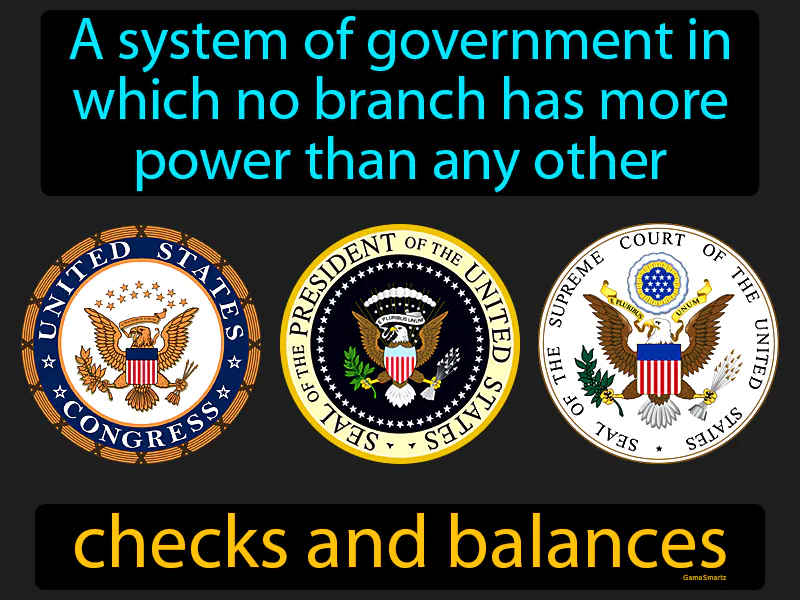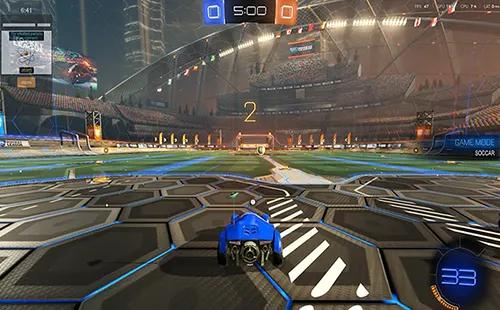Checks And Balances
Checks And Balances:
The concept of checks and balances was crucial when the United States was forming its government after gaining independence. It was designed to ensure that no single branch of government—executive, legislative, or judicial—could dominate the others, addressing fears of tyranny and unchecked power seen under British rule. This system helps prevent any one branch from making unilateral decisions that could harm the nation or its citizens. Today, checks and balances still matter because they ensure that laws and policies are carefully considered and balanced. For example, if the president wants to pass a new law, Congress must approve it, and the courts can review it to ensure it aligns with the Constitution, protecting citizens' rights and maintaining fairness.

Practice Version

Checks And Balances: A system of government in which no branch has more power than any other. Checks and balances. In history, checks and balances is a system designed to prevent any one branch of government from becoming too powerful by allowing each branch to limit the powers of the others.
